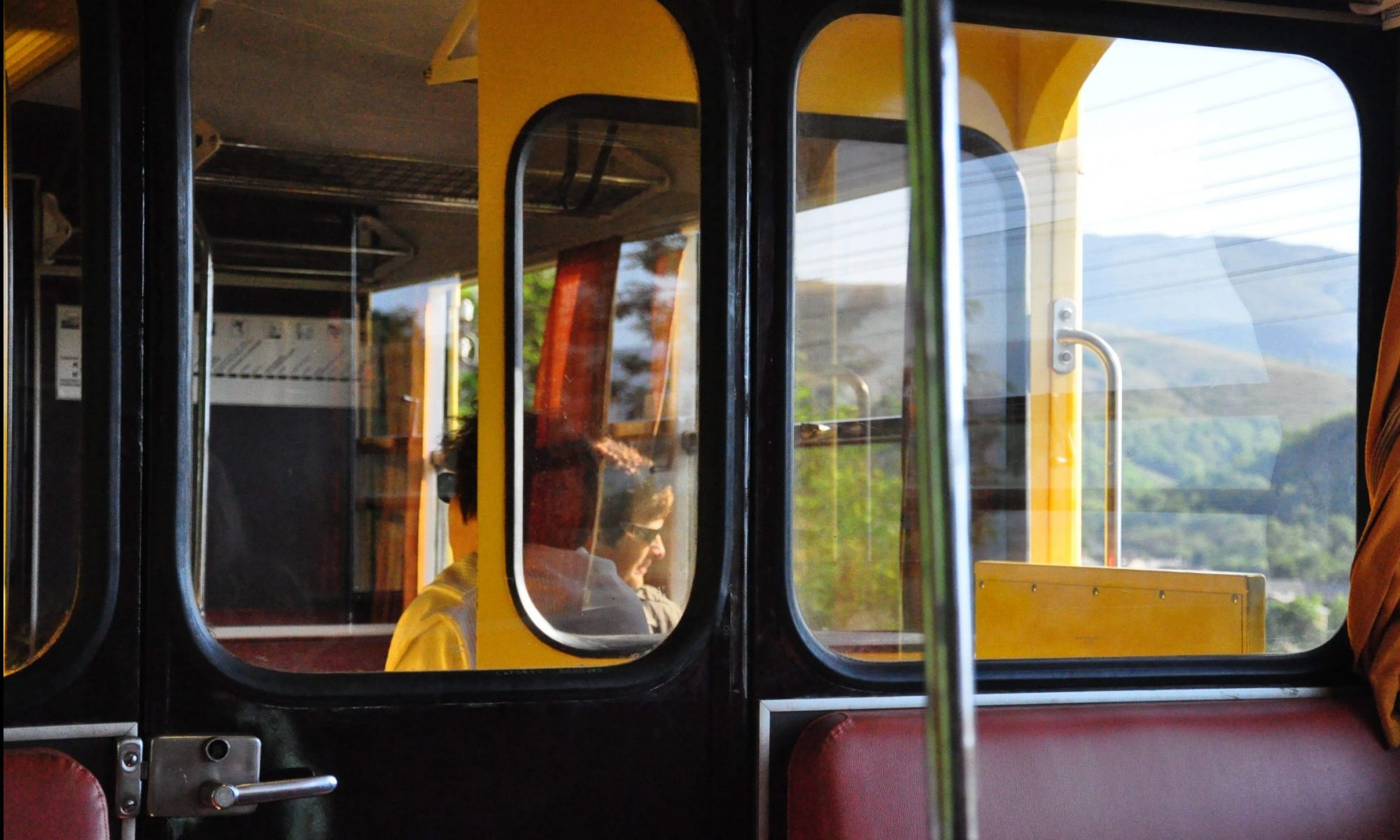Will to relevance (Academy of Finland 2020-2024, The Swedish School of Social Science, University of Helsinki) examines how hopes and desires for societal relevance of scientific knowledge are articulated by academics, university students, policy makers, and the media.
The need for academics to be relevant is increasingly called for, but what different publics mean by relevance is empirically little studied. Affective (Ahmed 2004) expressions of hope and optimism (Freire 1998, Berlant 2011, Tiainen et al. 2019); and speculative fictioning (Haraway 2016, Gunkel 2019) are at the heart of this project.
Here we focus on collaborations that relate to Africa, highlighting pronounced hopes for relevance (Kontinen & Oinas 2015). Challenges to decolonize knowledge production and address whiteness in academia (Mupotsa 2017, Ndlovu-Gatsheni 2018, Oinas 2018, Bhambra 2018) are themes little discussed in Finnish higher education internationalization policies. Politically a focus on Africa is timely: discourses on population numbers and the youth bulge (Oinas, Onodera, Suurpää 2018) and the learning crisis (Reinikka 2018) inform the current government of Finland’s, the EU’s and the UN’s policy focus on education in Africa.
The project will focus on the fields of biomedicine and Gender Studies, two fields with highly different epistemic and ontological discussions and aspired societal roles. Epistemic questions in science are often regarded as internal debates of quality; here our questions are about future oriented affective and aspirational desires for how knowledge should matter in the world, using the tools of the feminist Science and Technologies Studies tradition. The context is contemporary academic cultures of Finland that are claimed to be rather newly introduced to neo-liberal management, where an assumed relevance appears as a key measurement of value.
